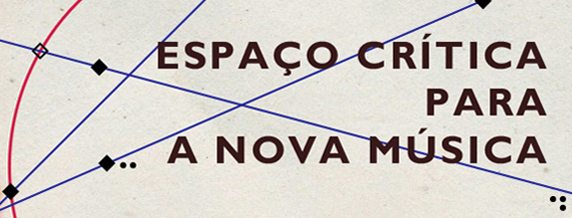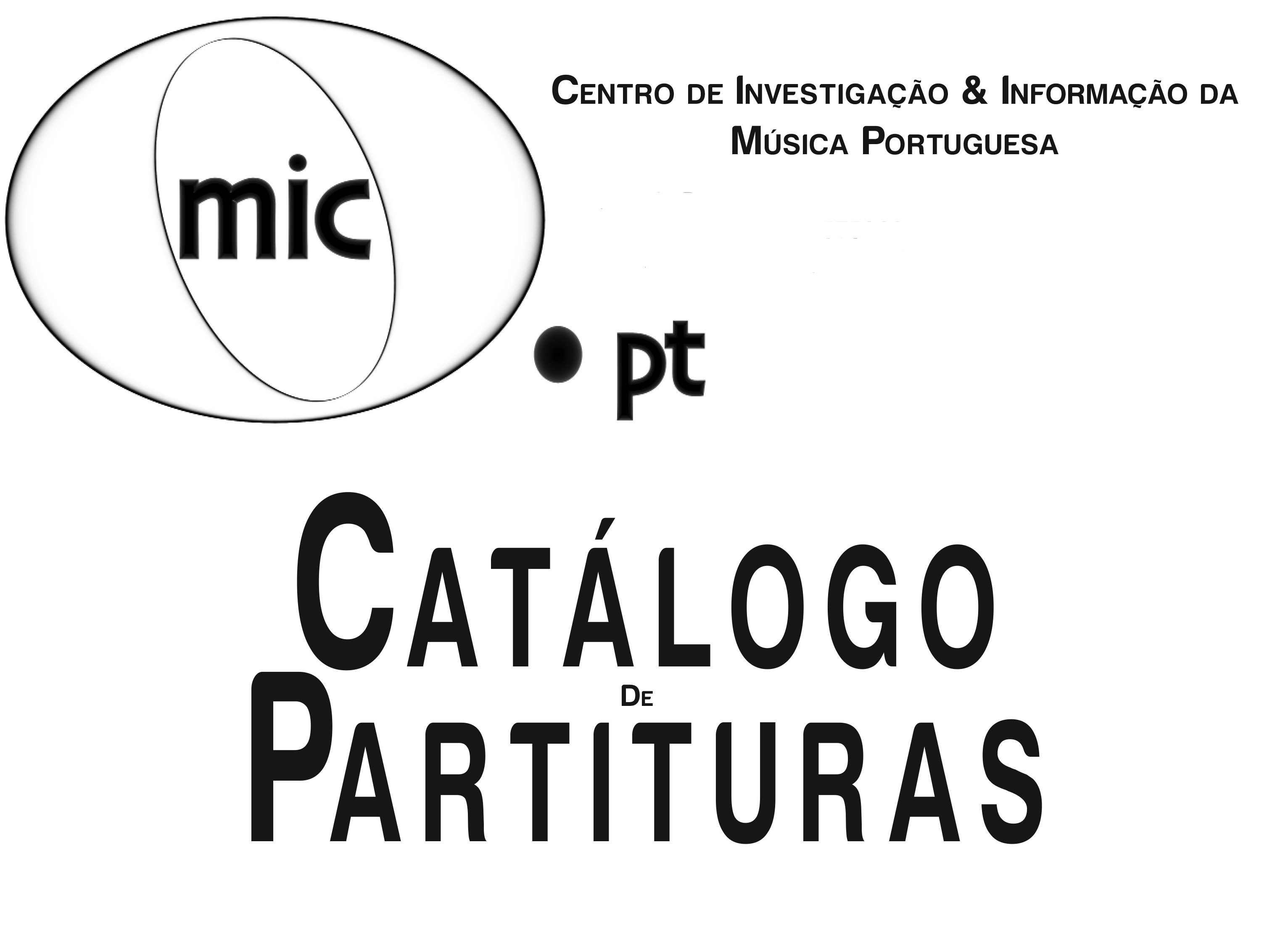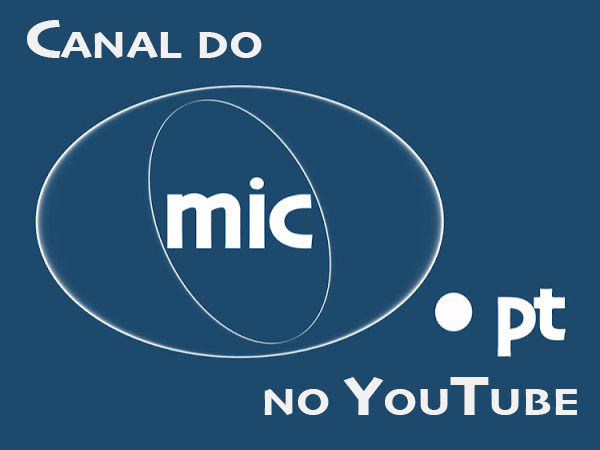Three past and three modern masters influenced the work of Nuno Côrte-Real: Bach, Beethoven, Mahler and Messiaen, Berio, Nono. According to the composer his influences have two diverse meanings: “One is technical and precise, which I can explain clearly and with detail (…). The other one is subjective, imprecise, in total opposition to the first one and which I can only describe as telling stories (…).”
[1]
Nuno Côrte-Real was born in Lisbon in 1971. In 1995 he concluded the Composition Course of the Lisbon Superior School of Music, where he studied with Carlos Caires, Roberto Perez, Christopher Bochmann, António Pinho Vargas and António de Sousa Dias. Between 1996 and 2002 he lived in the Netherlands, where he studied composition at the Rotterdam Conservatory. At the same time he studied orchestral conducting, first as a listener in Rotterdam and then in Lisbon at the National Superior Orchestra Academy. Since 1997 he has conducted regularly his own compositions. He has worked with such orchestras and ensembles as: Orquestrutopica, Beiras Philharmonic, Ensemble Darcos, Camerata du Rhône and Lisboa Cantat Chamber Choir.
The composer not only presented his various compositions in Europe, Iceland, the United States and Brazil, but has also received commissions from such entities as: The Calouste Gulbenkian Foundation, São Carlos National Theatre, Casa da Música, Mafra International Music Festival, Belém Cultural Centre, Drumming – Percussion Ensemble, among others. He has developed a systematic work in order to revive Portuguese traditional music, by publishing CD’s with choral arrangements. He also initiated a book cycle with choral and mixed instrumental arrangements, entitled “Novíssimo Cancioneiro” (“The Newest Songbook”).
Nuno Côrte-Real is the founder and artistic director of the Darcos Ensemble, dedicated to performing of classical and contemporary music, with which he has premiered various chamber works. In 2003 he was decorated with the Torres Verdes Municipality Silver Medal.
The composer’s newest opera entitled “Banksters”, with libretto by Vasco Graça Moura inspired by José Régio’s “Jacob e o Anjo” (“Jacob and the Angle”), will have its premiere performance on March 18th 2011 at the São Carlos National Theatre in Lisbon.
“Burlesque, satirical and ironic, «Banksters» is a tragicomic opera about life and death: death of somebody, who in life moved away fatally from himself and life of somebody who in death found a never experienced peace”
[2], reveals the composer.
Nuno Côrte-Real rarely speaks or writes about his own work, as he claims that music’s essence is not explainable by words. The composer is more inclined towards intuitive perception and aims at transmitting emotions and art’s more poetic side. Therefore his aesthetic stance towards composition stands in opposition to the academic and speculative language cultivated among the avant-garde movements of the past century.
Benefiting from the minimalist and post-minimalist aesthetic concepts Nuno Côrte-Real superimposes the perceptive and auditive value over a more conceptual approach towards music. In the manifest from 1968, “Music as a Gradual Process”, Steve Reich wrote: “I am interested in perceptible processes. I want to be able to hear the process happening throughout the sounding music.”
[3] Nevertheless Nuno Côrte-Real “seeks for a narrative sense” by having a more open attitude towards the past. The composer reinvents “the dialectic relation between consonance and dissonance, tends to privilege the former, while the latter takes upon a more expressive and dramatic function.”
[4] In the current Portuguese musical landscape Nuno Côrte-Real created an alternative space marked by opening to tradition and by freedom of compositional processes. “The works effectiveness is evaluated in perceptive terms, that is, through listening and not through analysis or through any other declaration of intentions” , writes Afonso Miranda about the composer’s music. Nuno Côrte-Real cultivates an eclectic style, which is subject to different influences and musical “contaminations” getting closer to a more post-modern language, which takes advantage of the plurality and diversity of music’s history. In this manner, rejecting any type of interdictions and not excluding any type of musical material the composer created an individual and original style.
“None of this is mine, it is all exterior. These are all sensations that help me in having my own impressions, and my own sensory universe. All the things that in the end constitute my musical world, its musical finalization, depart from this point…”
“5 Pequenas Músicas de Mar” (2001)
“Andarilhos” – I (2002)
“Andarilhos” – II (2002)
Cole Porter / Nuno Corte-Real “Every Time We Say Goodbye”
1 Sérgio Azevedo,
A Invenção dos Sons. Uma Panorâmica da Composição em
Portugal Hoje, Caminho, 1998, p. 523
2 Nuno Côrte-Real, Programme Note; in:
Teatro Nacional de São Carlos (English translation: Jakub Szczypa)
3 Steve Reich, “Music as a Gradual Process (1968)”; in his: Writings about Music, Halifax: No
va Scotia College of Art and Design, 1974, p. 9-11
4 Afonso Miranda, “O Rapaz de Bronze”; in:
Sobre Música e Outras Artes
5 Afonso Miranda, “Tradição”, Idem
6 Sérgio Azevedo, op. cit., p. 524





